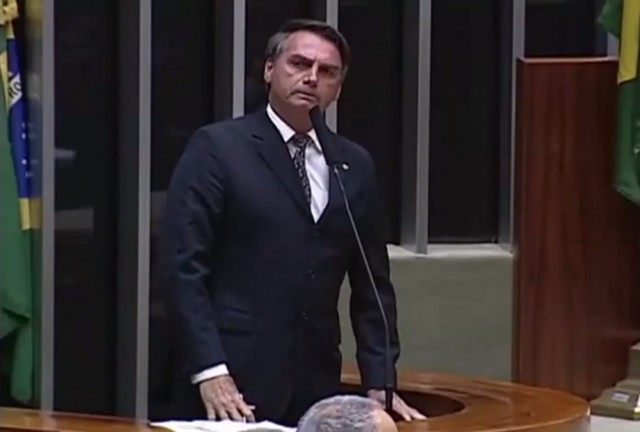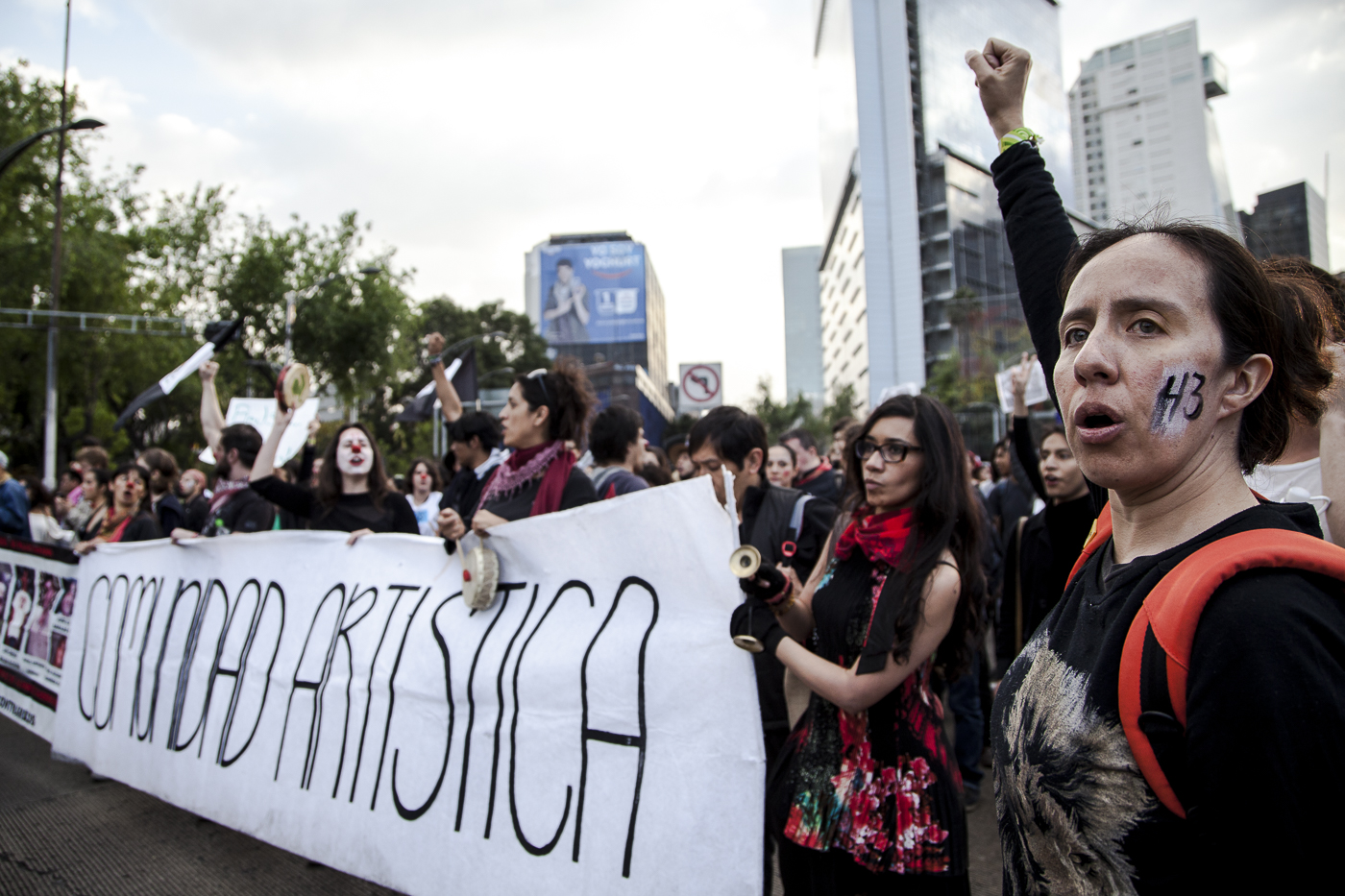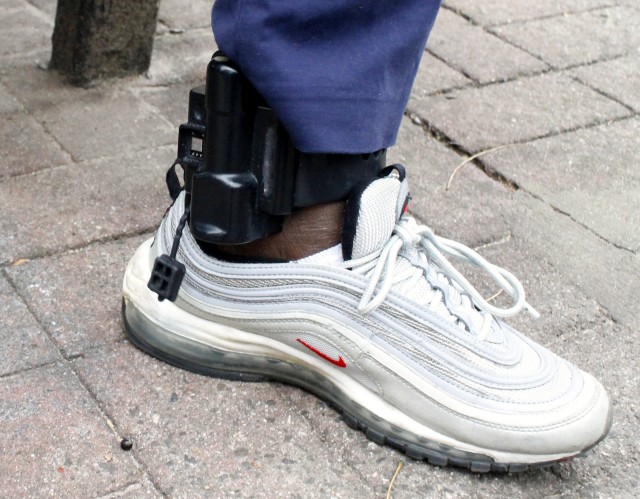
Brazil, Latin America: Week in Review, Southern Cone
Charges Filed Against Brazilian Lawmaker After Rape Remarks
December 17, 2014 By Staff
Top Story — Brazil’s attorney general filed charges of incitement to rape against Brazilian congressman Jair Bolsonaro after he made violent comments to a fellow lawmaker in Congress last Tuesday, saying, “I wouldn’t rape you. You’re not worth it.” It is the second time Bolsonaro, a right-wing representative from Rio de Janeiro state known for misogynist remarks, has used the word inappropriately in Congress.
Bolsonaro’s comments were directed at Maria do Rosário, a former secretary of human rights, as she praised a report that had highlighted human rights abuses, including sexual torture, by Brazil’s military dictatorship between 1964-1985. Bolsonaro is seen as a loyal supporter of the dictatorship.
It was not the first time Bolsonaro had acted threateningly towards Rosário. In 2003, in the parliamentary Green Room, Bolsonaro shoved Rosário, called her a “slut” and told her to “go cry” in an incident that was caught on camera.
Comments made during debates are normally protected by parliamentary immunity, and Bolsonaro was not charged for the 2003 incident, but this time the attorney general said Bolsonaro had also made similar comments in a magazine interview. A representative from Amnesty International in Brazil told The Associated Press that Bolsonaro had “crossed the line” and has continuously made problematic remarks regarding LGBT and sexual rights.
If convicted, Bolsonaro could face up to six months in jail plus a fine.
Skepticism remains, however, if prosecution will be effective. Brazil’s legal system is known to be slow moving, and politicians and elites have a track record of acting with virtual impunity. In 2013, protests raged across the country as the public expressed its frustrations with a judicial system that favored politicians — as much as a third of lawmakers were facing charges at the time of the protests.
Headlines from the Western Hemisphere
North America
- A U.S. federal judge has become the first to declare unconstitutional President Barack Obama’s executive action on immigration that lifted some 4.7 million people from the threat of deportation. Though the ruling will have no actual impact on policy, other legal challenges are pending against the action.
- Residents of Mexico’s northern resort city Mazatlán are so cowed by organized crime that most refuse to speak publicly about a recent open-air concert (played for eight hours to almost nobody) that some privately speculate was paid for by drug traffickers, according to a report by the Los Angeles Times.
- Larry Cano, an entrepreneur credited with helping to popularize Mexican food in the U.S., has died at age 90 after a career that began with his popular restaurant “El Torito,” or “The Little Bull.”
Caribbean
- A year into his tenure as ambassador to the Dominican Republic, James Brewster has spoken out about the difficulties he faces as an openly gay man in the country, where many still hold conservative attitudes about homosexuality.
- Silvio Rodríguez, a famous Cuban folk musician, made a blog post telling USAID to “go to hell” following the revelation of a program that would engage unknowing rappers, including Rodriguez’s son, in a plot to foment regime change.
- A man from the U.S. state of Florida has plead guilty to helping smuggle baseball star Yasiel Puig out of Cuba — one of several players who have been kidnapped and extorted during their journey to play in the MLB.
Central America
- Five hospital employees in Guatemala were arrested for allegedly stealing a baby two months ago and trying to effectively sell the child for adoption, according to authorities.
- The World Bank has approved $300 million in funding for the expansion of a Panamanian wind farm, slated to be the largest in Central America when the project is completed.
Andes
- As Colombia seeks to offset falling revenue due to collapsing oil prices, the legislature has passed a tax on the very wealthy, a measure the right-wing opposition said would hurt investment and small businesses but which the left argued didn’t go far enough.
- Venezuela’s state-owned PDVSA oil company is teaming up with partners in India to raise $1 billion in credit to help speed up flagging oil production on their San Cristobal joint venture, as Venezuela scrambles to keep its strategically essential petroleum sector afloat.
- Human Rights Watch on Monday released a letter calling on Bolivia’s government to reform several laws that the NGO said restrict the freedom of expression, due process and children’s rights.
Southern Cone
- Prosecutors in Rio de Janeiro on Tuesday filed new charges against Petrobras and a major construction firm that did business with the beleaguered state oil firm, the latest legal action taken in a historic ongoing corruption investigation.
- The six former Guantanamo Bay detainees who recently arrived in Uruguay are not terrorists, outgoing president José Muijca said Tuesday, citing an official U.S. assessment in response to demands from Uruguay’s opposition for more details on the ex-prisoners.
- Argentina is looking to reverse a $6 billion-a-year energy deficit by courting foreign investment to develop its massive shale resources, an undertaking that may be challenged by low oil prices and concerns that any investments might be nationalized.
- Around 30 indigenous men clashed with Brazilian police after trying to enter the National Congress on Tuesday, brandishing bows and arrows to protest a bill that would give Congress the ability to demarcate indigenous lands.
Image: YouTube





